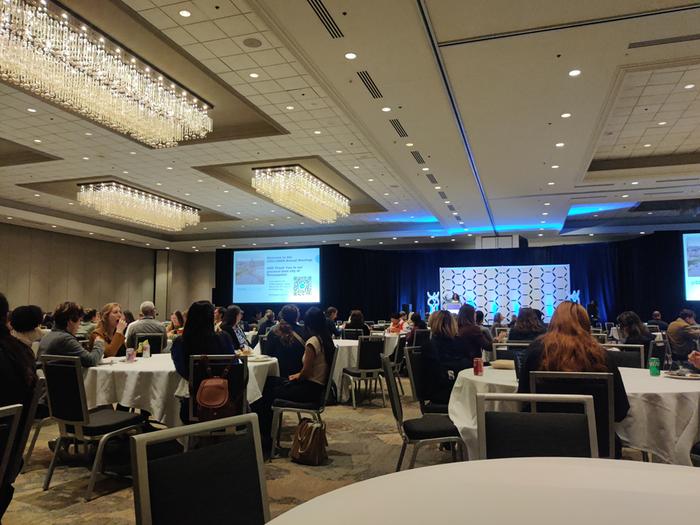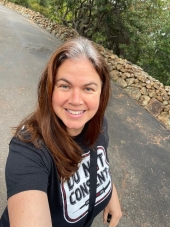Final pictures of this summer and fall. This is cut and paste from my weekly email.
The Environmental Justice Worldmaking Symposium at the University of Minnesota on October 25 was a powerful gathering that brought together voices dedicated to environmental justice, decolonization, and cultural reclamation. Beginning with an african drum calling by Truth Maze, and an introduction and land acknowledgement by Dr. Rose Brewer and Elder Louis Alemayehyu, the event held here on Mni Sota Makoce, Dakota land, emphasized interconnectedness with land and people as fundamental to sustainable, just futures.
Panel 1
Multigenerational, International Perspectives
Quotes and points:
-“First, I want to welcome you all. Welcome. Until we’ve been welcomed, we cannot arrive”
-“Our mission is to find each of our own generational trauma roots…
…We have traces of generational colonialism in our genes.” -Jayan
-Each of us must look in the mirror, listen to elders, pass it on, and heal ourselves, starting with empathy.
Panel 2
Quotes and points:
“The vision of Environmental Justice making is being able to manifest your culture without block.”
“Our mission is to build collective resistance [and] … carry the torch [in] … hospicing the world.” The collective must be made resilient with an array of locations and skill sets. This leads to a place to continue our work: “How can we create spaces to nourish collective resistance and vision making?”
When discussing the ending of the HERC, we must address the real question. Why do we have all of this trash in the first place? In the US we are so disconnected from the rest of the world that we forget that the point is to dismantle the settler colonial enterprise the country is built off of. In order to stop biosphere collapse and achieve mutual liberation, this country needs to stop its running, and we need to honor the earth, for when we love something, we protect it. We have to shift our culture to repair and rehabilitate. Shift our connection to stuff.
In the midst of all the green careers and societal changes, we must guard ourselves from greenwashing and getting too excited about green energy. What needs to happen is a much deeper shift than putting in rain gardens and solar panels. We need a lifestyle change. We have to build awareness of the true definition of sustainability: a system which produces more energy than it took to build and maintain. Little changes aren’t gonna stop the billionaires from getting richer, the military from conquering, deserts expanding and salting, and the oceans to rise and displace millions. If we want to change any of that, we need to be honest with the whole of our lifestyles and take initiative to change the systems in place one seed at a time. To fix instead of buying new, to get our hands dirty in the soil, to co-op, and to get along with our neibors. The only true renewable energy is natural, powered by life cycles like photosynthesis, not mere substitutions of fossil fuels, solutions promoted by the system oppressing us. No solar panel can compete with the energy production/sustainability (and no battery can compete with the energy storage) of a nut tree. Plant ecosystems are regenerative.
Does refusing to identify as indigenous if we are not all Native Americans perpetuate our being unfulfilled souls; dopamine, wandering, searching, extracting, fearing; a settler colonial mindset, reflected in society? Does it keep us disconnected from the land, numbed to far-off feedback loops, indifferent to not knowing how to have a sustainable culture? What if we took it upon ourselves to rekindle community, to be stewards of the land; learned how to grow food, fiber, and building materials; knew by observation what kinds of trees like to grow in the soil outside the kitchen window, how we can create natural springs, become creators of life, not pillagers of people and resources. Acknowledging white people’s position of occupying land and deciding where to go from there with ethics. How has our culture become ok with being just “more sustainable” when it is every aspect of our society that needs to return to appropriate energy transactions. Malcolm X said “land is the basis to revolution”. It could be a revolution of peaceful sedition. Caring for the earth is caring for people and vice versa, but is bringing a reusable bag to the store the best we can do?
Too Black from Indianapolis expressed strikingly descriptive poetry on environmental justice, and shared a piece he made during the day as a reflection on what he heard at the conference.
His poem expressed notes of pain, numbness, exporting responsibility, avoiding our shadow self, losing accountability, fear, propaganda, and ‘the belly of the beast’.
Are we willing to alter our habits, work, career, minds, and way of relating to implement the urgent and drastic action that is needed?
Thank you to all who put on this panel, participated, and took time to read this. May its impact ripple.
EJWS Friday Schedule:
https://sites.google.com/view/ejworldmaking/2024-environmental-justice-worldmaking-symposium/program-schedule
🌺 Planting the seeds of change
Project Sweetie Pie Garden Team
Environmental Justice Worldmaking People’s Assembly
October 26th Urban Research and Outreach Engagement Center (UROC)
African Drum Calling, Truth Maze
Panel 1 and audience questions
The panel reintroduced many common sense, not common knowledge ideas:
In many Native American languages there is no word for wilderness.
Some people talk about nature as if it is something to go see. They forget that only nature sustains us, and that we are nature.
Genocide is also a US problem. For just one example, most rockets sent to Gaza and Lebanon were made in states such as Texas, Arizona, and Arkansas. You have to pay your taxes, but you may take your money out of Boeing. 22.8 billion dollars sent not to us, but to the bombing of Gaza and Lebanon.
“We make the mistake often of being generalists. Let's give the mic to the oppressed.”-Michael Chaney
Joshua (left) and Glenda (right) presenting post HERC ideas.
Quotes and synthesized comments:
“1. Until you have registered as a threat, you are ignored
2. Once you are a threat, you are repressed
3. You form co-ops
4. Subordinate coordination” (grassroots groups uniting against oppressive systems for a sustainable future)
We must create liberation zones in our life to create space to visualize a better future. What are the prototypes we can put on the ground to begin to eat, breathe, and communicate better?
What if the river was our mother, or if every stranger was your mother? How would you treat them?
Final Pictures are of Emerging Farmers Conference. Erika Allen made a showing. She's the founder of Urban Grower's Collective in Chicago. She started a methane digester which provides waste energy to thousands of homes. She told me this should be done instead of composting. What do you think?
There are more loans, schools, information, conferences, jobs, and grants than I can comprehend for emerging farmers, there has never been a better year to start a farm.

 7
7




 3
3









 2
2




 2
2




 2
2




 2
2




 2
2




 4
4




 1
1











